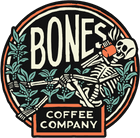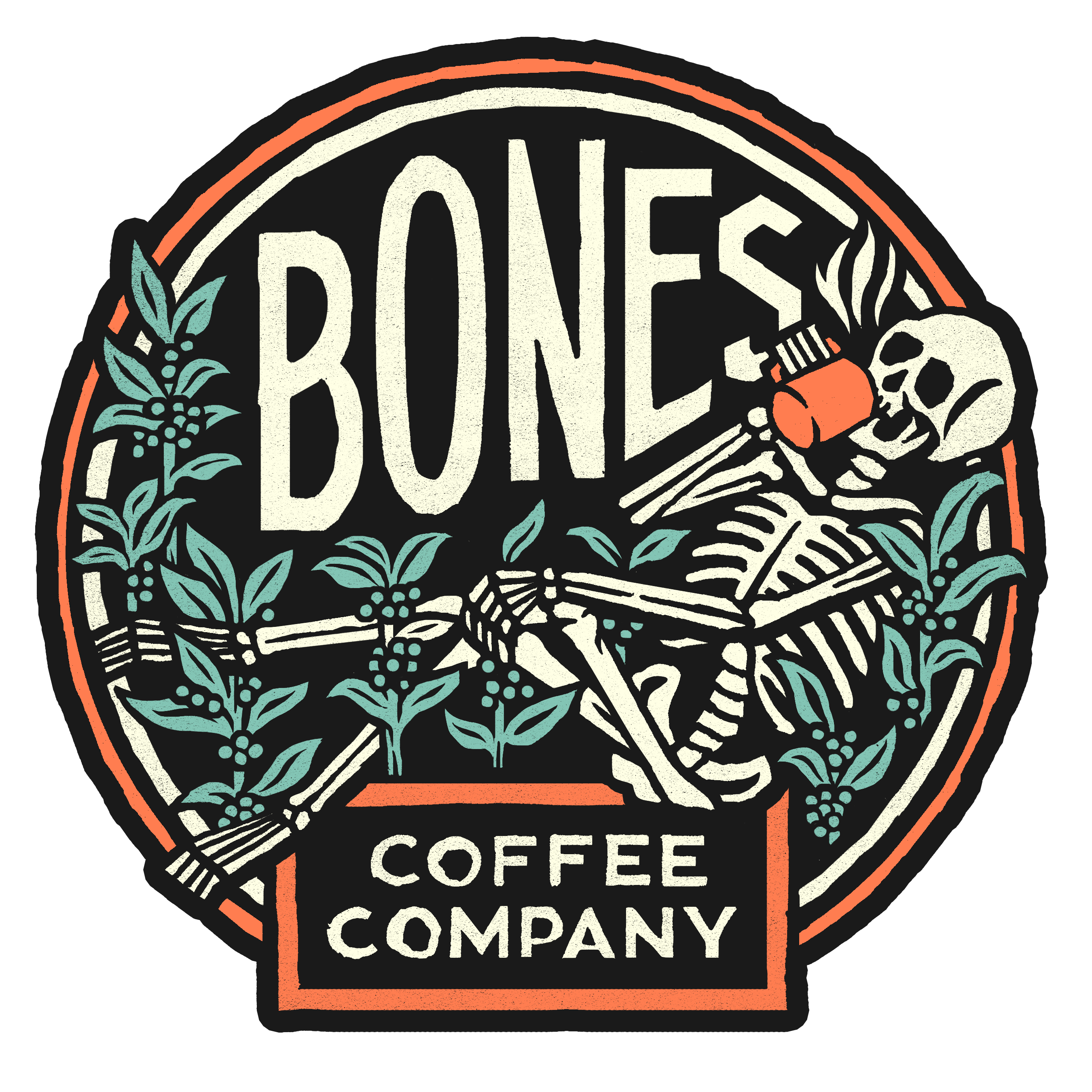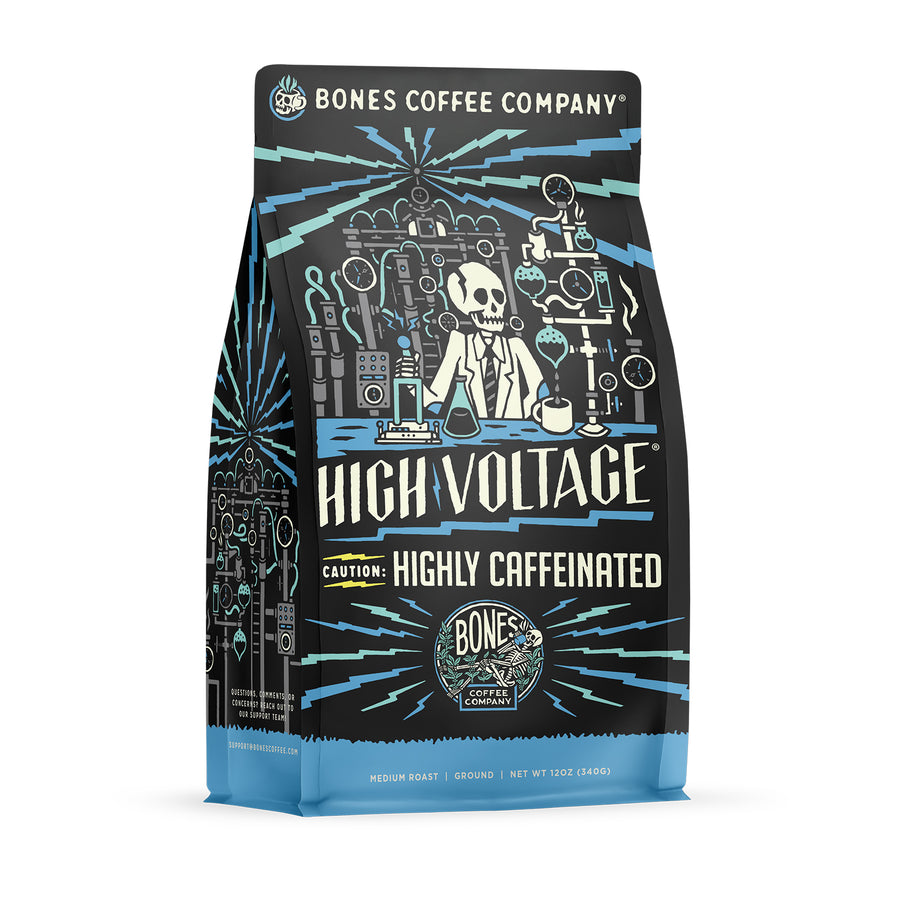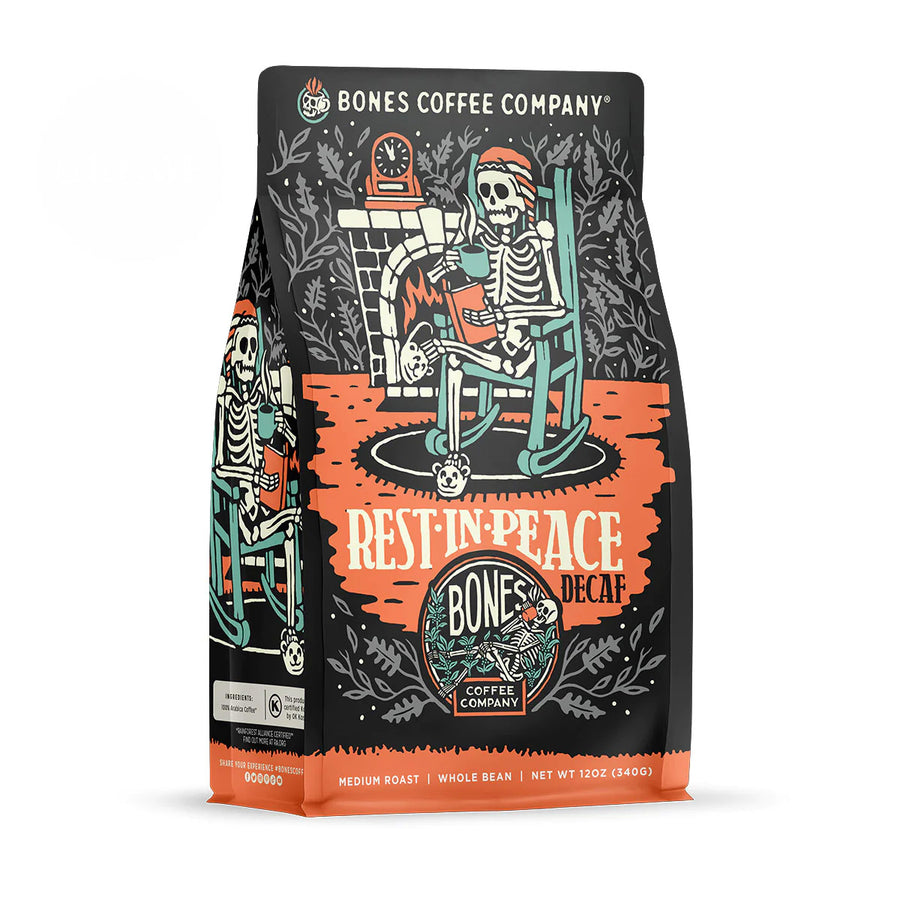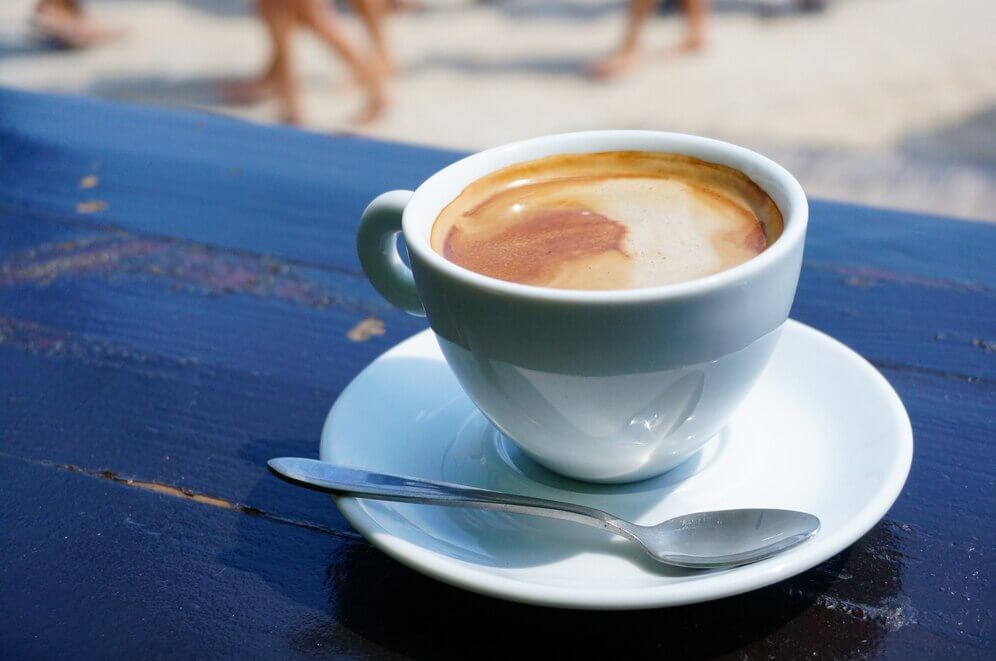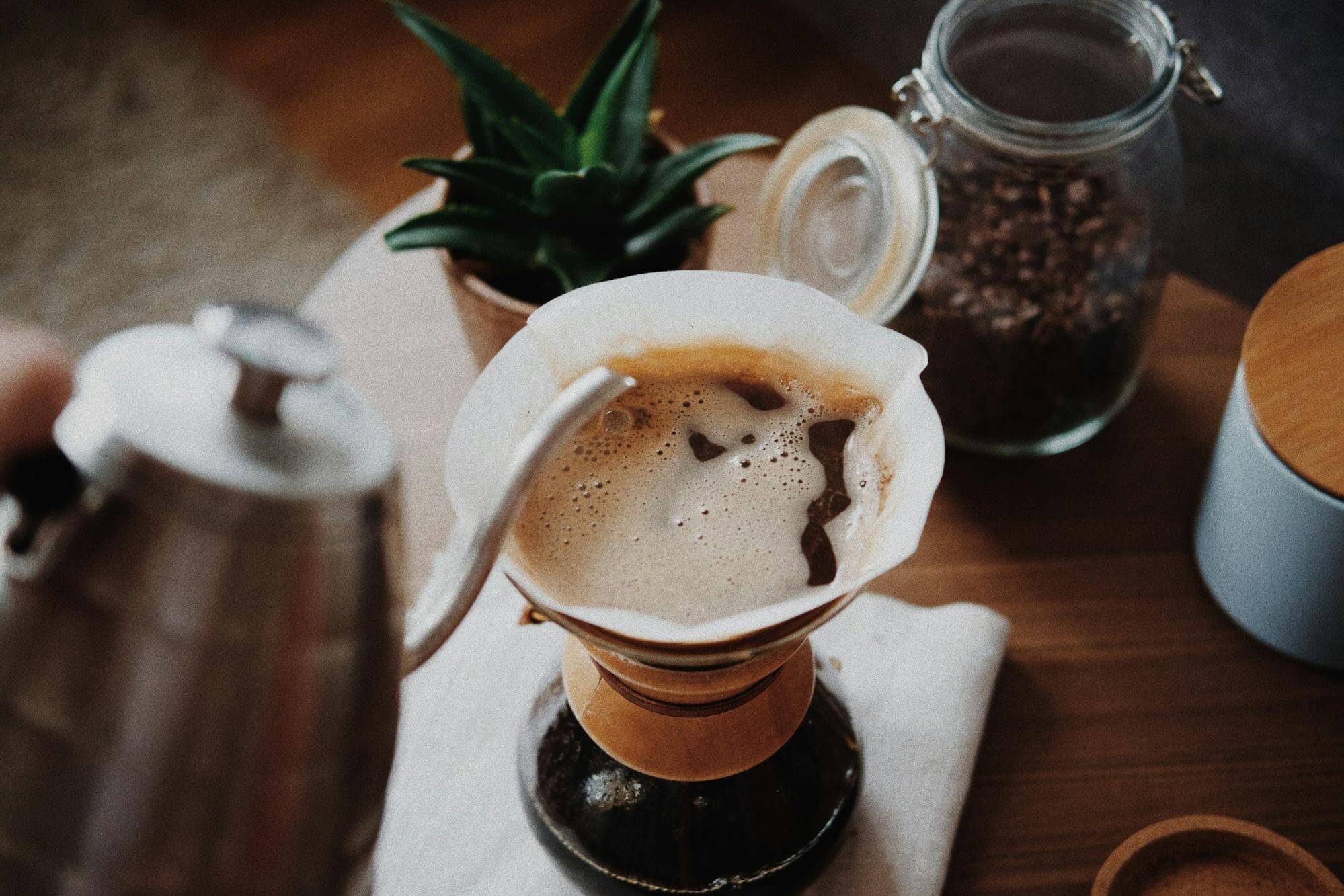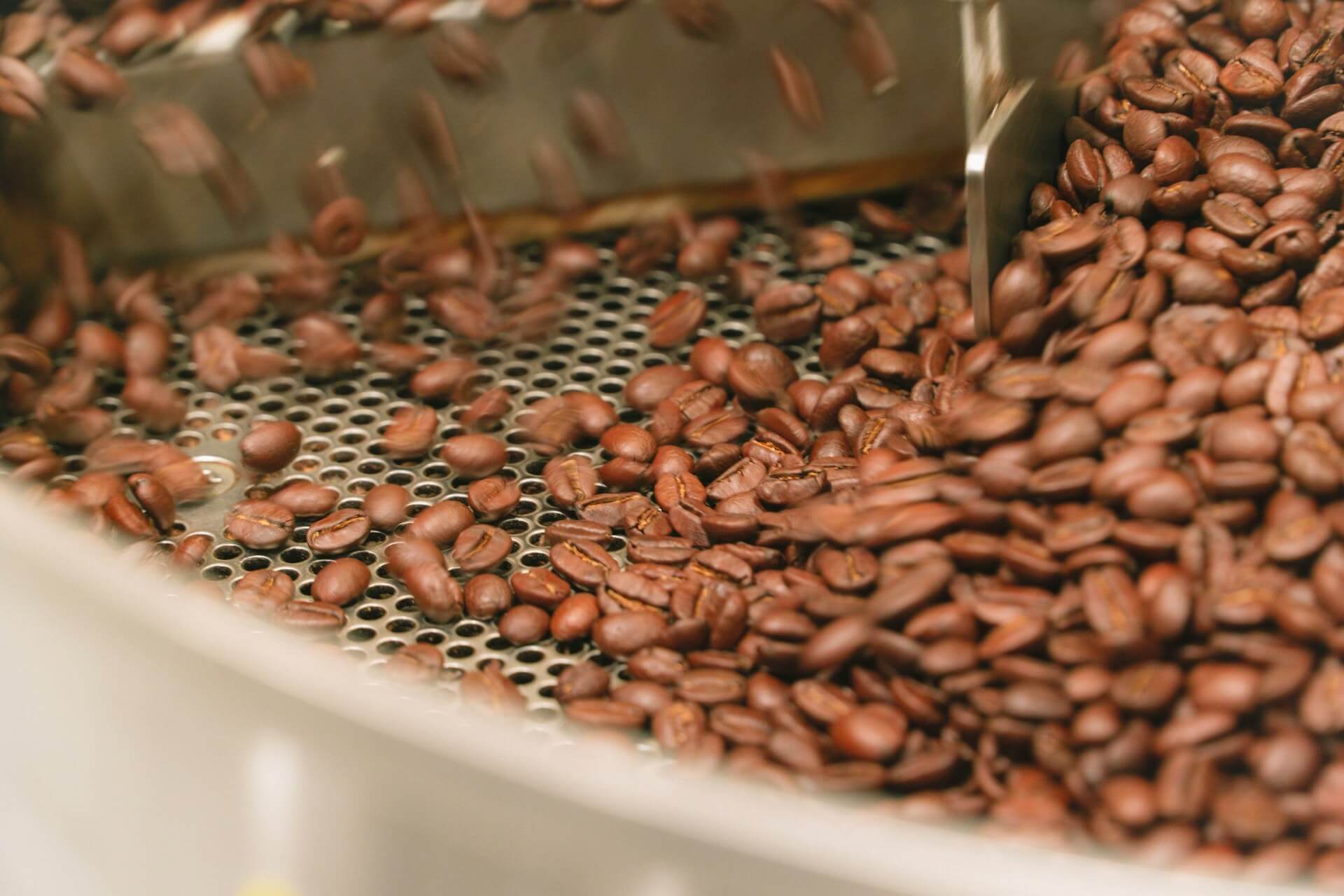Coffee is a staple in many daily routines, but when fasting, the concern is whether it could break a fast or diminish its benefits.
In this article, we’ll break down the science behind coffee intake and fasting. We’ll explore whether coffee affects metabolism, insulin, autophagy, and more. By the end, you’ll have a clear answer on whether you can enjoy coffee during fasting and which types are safe.
Does Coffee Break a Fast?
If you drink black coffee with no additives, it does not break a fast. However, coffee drinks containing calories, sugars, or dairy can interfere with fasting benefits, depending on your goals.
It’s important to examine the relationship between coffee and fasting from three different angles: metabolism (for weight loss), insulin response (for insulin regulation), and autophagy (for cellular repair). This will give you a more intricate answer that aligns with the aspect of fasting you are focusing on.
Let’s break down how coffee interacts with these three processes.
1. Metabolism
Not only does black coffee not break a fast, but it may actually enhance fat burning.Since plain black coffee has almost zero calories, it doesn’t disrupt the body’s fasting state.
On the contrary, caffeine boosts metabolism by stimulating thermogenesis (heat production) and increasing fat oxidation, allowing your body to burn more stored fat for energy. This makes coffee an excellent companion for fasting, especially for those aiming for weight loss.
2. Insulin Response
When it comes to insulin regulation, black coffee remains fasting-friendly because it does not cause a significant insulin spike or disrupt blood sugar levels.
Even though you don’t need to stop drinking coffee, you should still be mindful of what you add to your cup of joe. Ingredients like sugar, flavored syrups, milk, and cream can cause an insulin response, potentially reducing fasting benefits. If your goal is to keep insulin stable, your best bet is to stick to plain black coffee with no additives.
3. Autophagy
Black coffee does not stop autophagy. Certain compounds in coffee, such as polyphenols, may actually enhance autophagy rather than disrupt it. This means black coffee could support fasting’s deep cellular repair processes.
However, research on coffee and autophagy is still evolving. Some scientists argue that even minimal calorie intake could slightly slow down the process. If maximizing autophagy is your priority during fasting periods, stick to black coffee, herbal teas, or plain water to stay on the safe side.
Potential Downsides: While plain black coffee doesn’t break a fast and has health benefits, it can also have negative effects, such as anxiety, dehydration, and increased acidity. It’s best to drink coffee in moderation, whether you are in your fasting window or not. |
What Coffee Options Won’t Break a Fast?
If you love coffee but don’t want to compromise your fasting benefits, the good news is that certain coffee options are completely fasting-safe. The key is to avoid anything with calories, sugars, or additives.
Stick to the following coffee choices to stay in a fasted state while still enjoying that much-needed energy boost.
1. Black coffee (regular brewed or espresso)
The best and safest option during fasting periods is plain black coffee—whether it’s drip coffee, French press, or an espresso shot. Since black coffee has almost zero calories, it does not break your fast or interfere with fat burning, insulin sensitivity, or autophagy.
It’s an excellent option for both intermittent fasting and prolonged fasting, providing caffeine for alertness without unwanted ingredients. Just be sure to skip sugar, milk, or flavorings, as even a small amount can disrupt fasting benefits.
2. Cold brew coffee (unsweetened, no additives)
Cold brew is another fasting-friendly option, as long as it’s unsweetened and additives-free. Unlike traditional hot-brewed coffee, cold brew is steeped slowly in cold water for 12-24 hours, resulting in a smoother, less acidic taste.
Since cold brew is often naturally sweeter due to reduced acidity, many people find it easier to drink without added cream or sugar. This makes it a perfect fasting-friendly alternative, especially for those with acid reflux or sensitive stomachs.
3. Decaf coffee (for those sensitive to caffeine)
If you love your coffee breaks but are sensitive to caffeine-induced jitters or sleep disturbances, decaf coffee is a fasting-approved alternative. Like regular black coffee, plain decaf contains very few calories or macronutrients, meaning it won’t break a fast.
However, keep in mind that decaf still contains a small amount of caffeine and retains some of coffee’s beneficial antioxidants and polyphenols. It’s a great option for later in the day if you want to avoid excessive caffeine while maintaining a fasting-safe beverage choice.
What Coffee Additives May Break a Fast?
While black coffee is fasting-safe, many people unknowingly break their fast by adding ingredients that contain calories, carbohydrates, or artificial compounds. Even a small amount of the wrong additive can interfere with fasting benefits like autophagy, fat burning, and metabolic regulation.
If your goal is to stay in a fasting state, be mindful of the following coffee additives that can disrupt fasting benefits.
1. Sugar & Syrups
Any form of sugar or flavored syrup will break a fast because it causes an insulin spike, pulling your body out of the fat-burning state. Even small amounts of white sugar, brown sugar, honey, agave syrup, or flavored syrups contain enough calories and carbohydrates to disrupt fasting benefits like fat oxidation and blood sugar stability.
Over time, regular consumption of added sugars can also contribute to elevated blood sugar levels, increasing the risk of insulin resistance and metabolic imbalances.
If you’re fasting for metabolic health, weight loss, or insulin control, it’s best to avoid all sweetened coffee drinks, including specialty lattes, caramel macchiatos, and flavored cold brews. Even "natural" sugars can interfere with fasting effects, so it's best to stick to unsweetened coffee.
2. Milk & Cream
Adding milk, half-and-half, or heavy cream to coffee may seem harmless, but even small amounts contain calories, carbs, and proteins that can break a fast. Dairy contains lactose, a natural sugar that can stimulate an insulin response, shifting your body out of a fasted state and reducing fat-burning efficiency.
The higher the fat content, the lower the insulin response, so heavy cream impacts fasting less than regular milk. However, even heavy cream still contains calories, which means it technically breaks a strict fast. If you follow fasting for autophagy or metabolic health, it's safest to drink black coffee instead.
3. Artificial Sweeteners
Many people assume that calorie-free artificial sweeteners are safe for fasting, but some may still break a fast by triggering an insulin response or disrupting gut health. Sweeteners such as sucralose (Splenda), aspartame, and saccharin have been found to affect blood sugar levels in some individuals, which can reduce fasting benefits.
Even "natural" zero-calorie sweeteners like stevia and monk fruit are debated in fasting communities. While they don’t contain calories or carbs, they may stimulate cravings and trick the body into expecting food, potentially dampening fasting effects. If strict fasting is your goal, it’s best to avoid all sweeteners and keep coffee completely black.
4. Bulletproof Coffee (Butter/MCT Oil)
Bulletproof coffee made with butter or MCT oil is popular in keto and intermittent fasting communities, but it does technically break a fast. While these fats do not cause a significant insulin spike, they still contain calories, which means they stop a "true fast."
However, fat-only coffee can be useful for specific fasting variations, such as fat fasting or keto fasting, where the goal is to stay in a ketogenic state while suppressing hunger. While it won’t significantly disrupt fat burning, it does prevent full autophagy and deep fasting benefits.
If your goal is a pure fast for autophagy or longevity, skip Bulletproof coffee and stick to plain black coffee.
What are the Best Practices for Drinking Coffee While Fasting?
Drinking coffee while fasting is only beneficial if you do it correctly. Overconsumption and poor timing can lead to side effects like digestive discomfort, disrupted sleep, and jitters. To get the most out of your fasting experience, follow these best practices to enjoy coffee without negative effects.
1. Drink in Moderation
For most people, 1-3 cups (8-24 oz) per day is a healthy intake while fasting. If you start feeling restless, shaky, or experience heart palpitations, it may be a sign to cut back or switch to decaf.
Excessive caffeine intake can also lead to caffeine tolerance, meaning you may no longer experience the same energy or appetite-suppressing effects over time.
2. Know the Best Time to Drink Coffee
Drinking coffee at the right time can enhance fasting benefits, but drinking it at the wrong time might cause unwanted side effects. Here are great times to drink coffee while in a fasting state, with considerations to optimize your fasting routines.
Timing | Benefits | Considerations |
Morning | Boosts metabolism and helps reduce hunger | May spike cortisol if consumed immediately after waking up |
Before Workout | Enhances fat burning during exercise | Best for weight loss |
Afternoon/Evening | Provides a mental boost for late-day tasks | May affect sleep if consumed too late |
3. Stay Hydrated
Coffee is a diuretic, meaning it can cause your body to lose water and electrolytes more quickly. When intermittent fasting and drinking coffee, also drink water to stay hydrated and prevent dehydration symptoms like dizziness, fatigue, or headaches.
A good rule of thumb is to drink a glass of water before your morning coffee and continue sipping on water or electrolyte-rich drinks throughout the day. Adding a pinch of Himalayan salt to your water or consuming electrolyte supplements can help replenish lost minerals and maintain proper hydration.
4. Listen to Your Body
Regular coffee consumption in your fasting window can be beneficial, but remember that every person reacts differently to coffee. If you experience acid reflux, nausea, stomach discomfort, or increased anxiety after drinking coffee on an empty stomach, consider adjusting your intake, switching to cold brew (which is less acidic), or trying decaf.
It's also important to observe how coffee impacts your energy levels, hunger, and overall well-being.
Coffee Alternatives: If coffee consumption makes fasting harder rather than easier, it might be worth cutting back or looking into alternatives like herbal tea or lemon water. |
Drinking Coffee During a Fast
Yes, you can drink coffee during your fasting periods, as long as it’s plain black coffee with no additives. Adding sugar, milk, or sweeteners can disrupt fasting benefits, so it’s best to keep coffee simple.
At Bones Coffee Company, we have everything you need to satisfy your coffee cravings while fasting. We also have flavored coffee products that indulge your senses with every sip. Whether you want classic chocolatey products or wildly unique options, we have the flavor profile for you.
Explore our coffee collection today and enjoy coffee whether you are in a fasting state or not.
